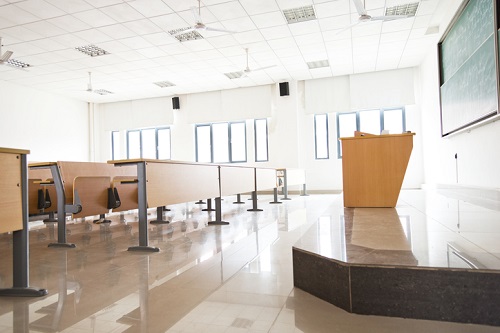
Legislation expanding Queensland principals’ disciplinary powers has failed in its stated goals while seeing an increase in school suspensions, a new study shows.
In 2014, the Newman government legislated to give principals greater discretion to suspend students, extend the length of short suspensions (from 1–5 to 1–10 days), and enable principals to impose community service and detentions on students outside of school hours.
The Queensland Department of Education said the changes were intended to reduce suspensions and permanent exclusions by granting principals greater flexibility to respond to disruptive behaviour.
However, Professor Linda Graham, a researcher in inclusive education at the Queensland University of Technology, says the legislation has failed in its stated aims while harming students’ education, with national implications for the use of such policies in other states.
In a new study, Professor Graham analysed rates of suspension, permanent exclusions, and enrolment cancellation in Queensland from 2006 to 2017.
While a suspension temporarily prevents a student from attending school, a permanent exclusion prohibits a student’s return to a particular school. An enrolment cancellation can only be imposed on a student over 16, and ends their enrolment in the education system.
All had increased between 2006 and 2014, although suspensions had started decreasing from 2011.
After the legislation was introduced, exclusions briefly decreased, but reached a new high in 2017. Enrolment cancellations peaked in 2014 and decreased somewhat over the next 3 years.
But from 2014 to 2017, suspensions per student increased by 16.67%.
Professor Graham argues that suspensions exclude students from vital learning, worsen disengagement, and increase children’s risk of antisocial behaviour due to lack of supervision.
This widens the “school to prison pipeline”, with a disproportionate effect on students with a disability (especially those with ADHD or autism), Indigenous students, minority students, and students in out-of-home care.
“Taken together, the bulk of the research evidence indicates that suspension does not help to address the reasons for student disengagement and may in fact accelerate vulnerable students’ disconnection from school,” said Professor Graham.
Professor Graham said other states should take heed, particularly given increases in suspensions in New South Wales, and the upcoming transition of year 7 to secondary school in South Australia.
"This issue is not isolated to Queensland. There's a real risk that other states will face similar problems as they implement comparable reforms,” she said.


